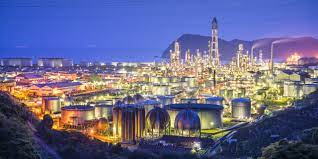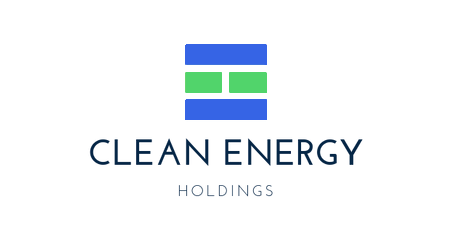Comstock Inc. has executed agreements with RenFuel K2B AB under which Comstock is investing up to $3m over three years to support commercialization of joint development applications for RenFuel and Comstock complementary renewable fuel technologies, and the continued development of the 100,000 metric ton per year (TPY) biorefinery joint venture project in Sweden.
The applicable investment agreements require the purchase of up to $3m in 7% senior secured convertible notes funded in quarterly installments of $250,000 for three years. The notes are convertible at pre-money per share valuation equal to the lower of $30m or the post-money valuation used for RenFuel’s then most recent offering at the time of conversion. Comstock has already invested the first $350,000 of this investment.
“RenFuel’s team, technologies, and our now collaborative production joint venture project are highly strategic to our Bioleum commercialization plans,” said Corrado De Gasperis, Comstock’s executive chairman and chief executive officer, in a news release. “RenFuel’s highly specialized chemical and process development expertise strongly adds to the breadth and depth of our own technical team and their patent portfolio complements our own extensive portfolio.”
Comstock’s proprietary technologies are proven to convert lignocellulosic biomass into Cellulosic Ethanol and proprietary Bioleum biointermediate blends at extraordinary yields exceeding 100 gallons per dry tonne of biomass on a gasoline gallon equivalent basis (GGE), and market-leading, extremely low carbon intensity (CI) scores of 15. Comstock is already using RenFuel’s patented catalytic esterification technology to refine its proprietary Bioleum derivatives into Hydrodeoxygenated Bioleum Oil (HBO), for use by advanced biofuel refineries in blending with, diversifying, and extending conventional hydroprocessed fat, oil, and grease feedstocks that can simultaneously produce SAF and Renewable Diesel Fuel. Comstock holds the exclusive license to RenFuel’s refining technologies in North America, Central America, and South America and available for global distribution.
RenFuel previously completed extensive preliminary engineering for a new biorefinery to convert about 75,000 TPY of lignin into a biointermediate for refining into sustainable aviation fuel (SAF) and renewable diesel in Europe. Comstock and RenFuel are evaluating the requirements for inclusion of an additional 25,000 TPY of biorefining capacity based on Comstock’s commercially available Cellulosic Ethanol and Bioleum derived fuels technologies, and several compelling opportunities for deploying our integrated solution.
Sven Löchen, RenFuel’s chief executive officer added, “We are thrilled with this expanding strategic partnership. Comstock’s technologies and proprietary Bioleum products create a vastly expanded market opportunity for our technologies worldwide, where Comstock is rapidly advancing across the Americas. Comstock’s direct investment in RenFuel supports our continued growth and development as we build value for all of our stakeholders.”







